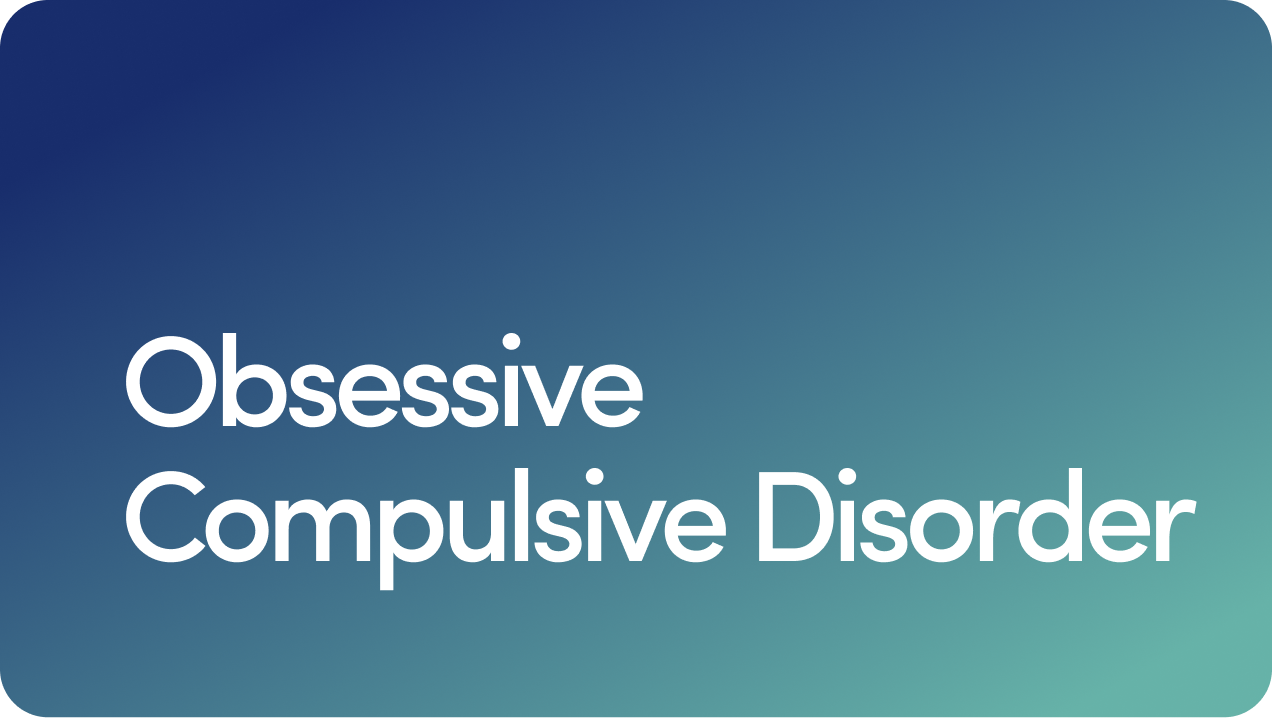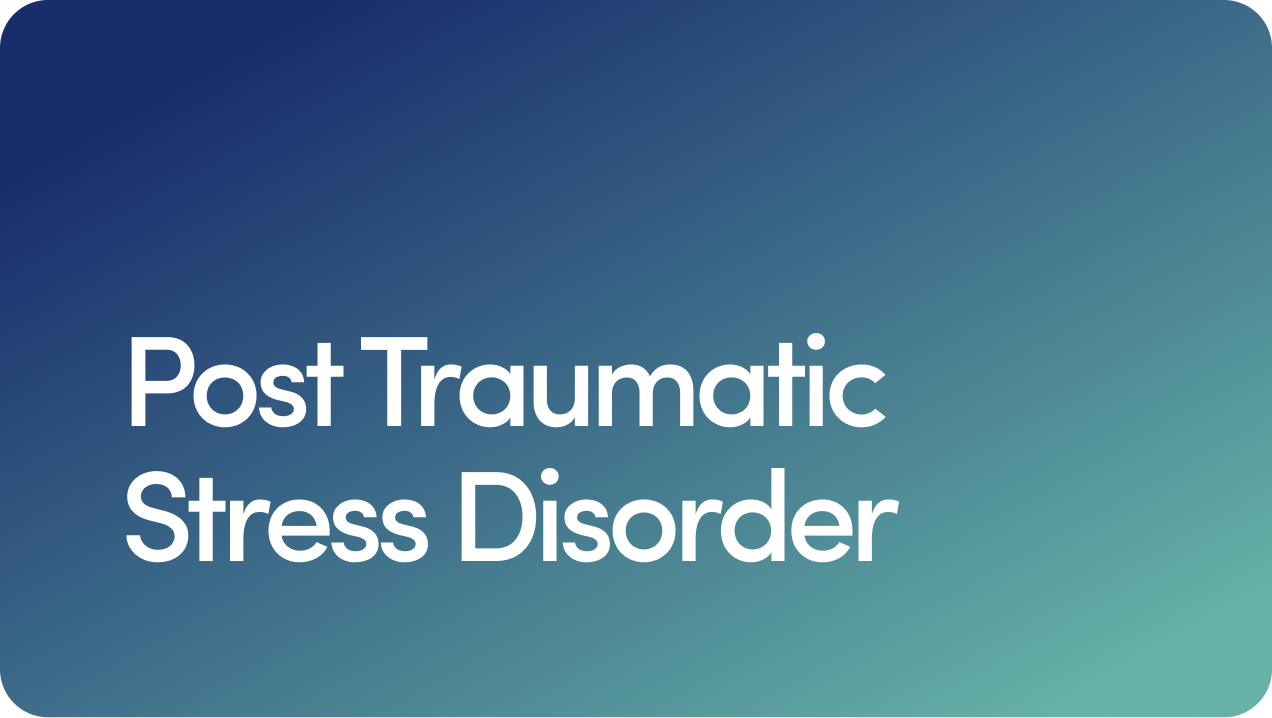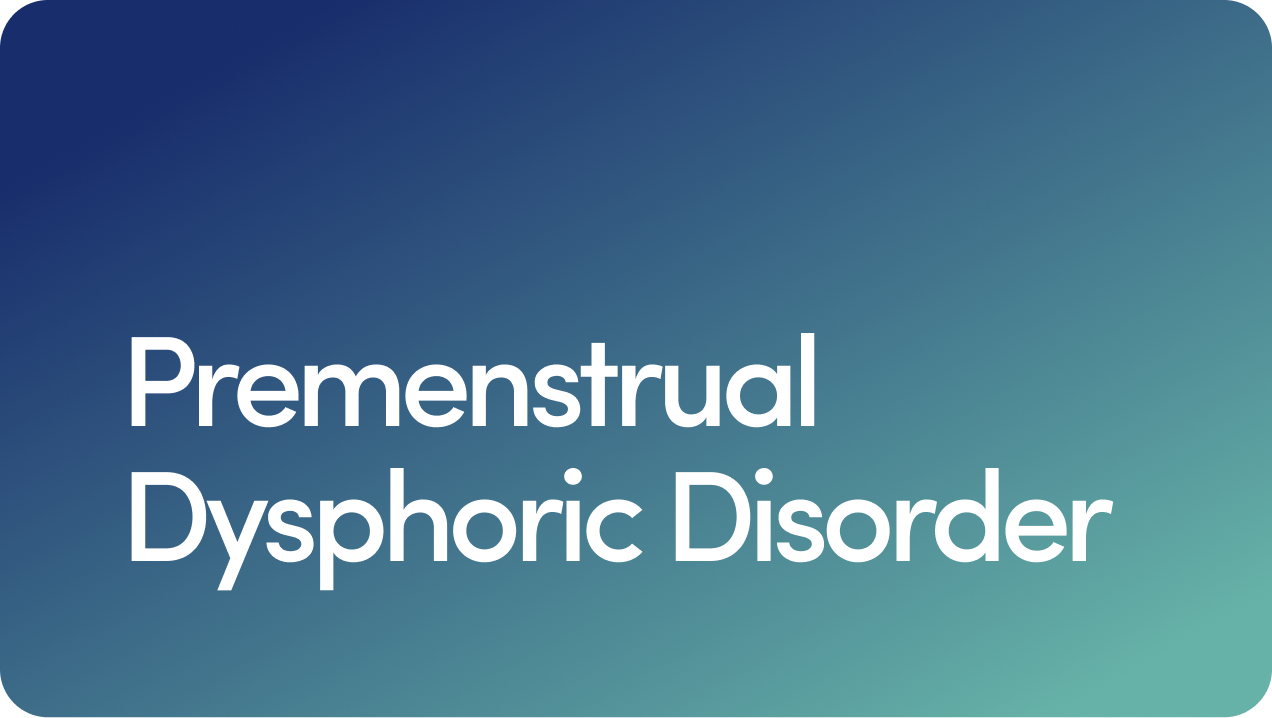Content
Free Mental Health Assessment
Postpartum Rage: Causes and Treatment

The time after giving birth to a new child is supposed to be magical, but for many new mothers, it can also be a time fraught with emotional rollercoasters as hormones and big life changes make for unpredictable scenarios in the days, weeks and months after delivering a baby.
Postpartum depression (sometimes referred to as the baby blues) is common for many mothers, regardless of age or whether they’ve had other children previously.
It’s important to know, too, that if you’re a new mother and experiencing subtle or severe depression symptoms — postpartum depression is not your fault.
Likewise, postnatal mood disorder and related mental illness types are not something a new mother is able to “control” or “get over” at will.
Perhaps you’ve read all of this before — and that would make sense, as knowledge of postpartum depression is something that is increasingly well accepted among the public.
What’s perhaps less well-known is a version of postpartum depression referred to as postpartum rage. Read on to learn more about it — as well as how to treat it.
Content
What Is Postpartum Rage?
Postpartum rage (also known as postpartum anger) is actually a somewhat common symptom of postnatal depression or postpartum depression.
It’s a particular form of depressive disorder characterized by a flood of emotions that include rage.
Symptoms of postpartum rage include anger, frustration related to feelings of powerlessness, and agitation.
This anger or rage may be directed toward a new mother’s self, family members, spouse or even children. It’s frequently triggered by violated expectations.
That’s unfortunately where common knowledge about postpartum rage stops. The CDC, for instance, doesn’t mention postpartum rage within their description of postpartum depression.
There is, however, an accompanying mention in the symptoms of postpartum depression, which include “feelings of anger."
What causes postpartum rage isn’t abundantly clear, and feelings of disconnection can be both real and perceived. They can also trigger depression and rage in postpartum women.
But while depression and anxiety have been studied for some time, comparatively little research has been done about anger and rage as a result of postpartum mood problems.
Most people are aware of the disconnect between the expected feelings of motherhood (elation, joy, love) and the realities of new motherhood — which can include all the good stuff, but also sometimes be fraught with postpartum anxiety, stress and other negative feelings.
These violated expectations may also extend to feelings of disappointment with others, too, including a lack of perceived emotional or physical support from medical professionals, family or even spouses during the stressful initial days, weeks and months of new motherhood.
Postpartum anger or frustration can trigger depression if those negative feelings aren’t addressed or resolved, and the course of postpartum depression can also lead to feelings of anger, agitation and rage if not addressed. It can work both ways.
Research confirms that one could trigger the other, and it’s not fully understood which is the most common first trigger.
What we do know is that there are consequences to this. Children exposed to parental depression and anger are more likely to develop their own emotional problems.
As such, it’s important to care for the mental health of a new mother — not just for her own mental health, but for that of her children.
There are a wide range of risk factors associated with postpartum rage, too. Many of these risk factors mirror the risk factors of depressive disorders, like a family history of depression, substance abuse history, marital discord or history of violence.
But postpartum rage can also be triggered by circumstantial triggers related to having a baby, including having multiple births, or giving birth prematurely.
Postpartum rage might also be triggered if the infant has deficits or birth defects.
And mothers who are also members of a minority, migrant or refugee population are at an increased risk of postpartum depression and postpartum rage due to their circumstances (cultural, financial or otherwise) and related, added stress.
People with bipolar disorder might also have an increased risk of developing postpartum depression.
And the obvious potential triggers related to giving birth — such as hormonal changes, fatigue, insomnia, daily life disruptions and social expectations — may all play a role as well.
In other words, just about everything that could stress an already-strained body and mind might lead to postpartum rage.
Treating Postpartum Rage
Symptoms of depression can be fleeting, but waiting for them to resolve on their own isn’t a good idea, particularly when the health and wellness of an infant is involved.
It’s never a good idea to delay treatment for mood disorders when symptoms begin affecting someone’s ability to perform their daily tasks, but given how crucial many of those tasks might be for a young, vulnerable infant, there’s double the reason to be on the safe side and seek support.
Left unaddressed, postpartum rage and postpartum depression can create short- and long-term consequences for mother and child alike.
Unaddressed postpartum mood disorders can lead to family dysfunction, impairments in parent-child relationships, abuse, neglect, and in the worst and rarest cases, suicide or infanticide.
It’s best to consult a mental health professional if you see symptoms of postpartum mood disorders. They may suggest antidepressants and/or psychotherapy, depending on the symptoms experienced.
Because every new mother’s circumstances are unique, it’s best to contact a healthcare provider and seek guidance on the nex t steps as soon as possible.
Don’t wait for the postpartum checkup to bring this to your healthcare provider’s attention.
Coping with Postpartum Rage
Whether you’re an expecting mom worried about what could go wrong, a new mom feeling a bit different or a spouse or parent concerned for the postpartum wellbeing of your loved one, you’re doing the right thing by seeking information.
Our advice? Make a second right choice and contact a healthcare professional for further support.
If you’re worried that you may be a risk, or worried that someone is already in the throes of postpartum rage or depression, talking to someone will have two benefits.
First, it will destigmatize the fears and (completely false) perceptions that a new mother is doing something wrong.
But more importantly, having a conversation with a healthcare provider will give you the guidance you need to get everyone’s short and long term mental health on the right path.
For a new mom, there are already enough worries to address, no matter how many children you’ve had. Getting the support you need isn’t a sign of weakness; it’s a demonstration that what’s most important to you are the health of your baby and yourself.
If you’re looking for further support, consider our depression treatment online and online therapy offerings, to help address any concerns now.
5 Sources
Hims & Hers has strict sourcing guidelines to ensure our content is accurate and current. We rely on peer-reviewed studies, academic research institutions, and medical associations. We strive to use primary sources and refrain from using tertiary references.
- Geddes, J. K. (2021, April 28). Postpartum rage. What to Expect. Retrieved December 6, 2021, from https://www.whattoexpect.com/first-year/postpartum-health-and-care/postpartum-rage.
- Centers for Disease Control and Prevention. (2020, May 14). Depression among women. Centers for Disease Control and Prevention. Retrieved December 6, 2021, from https://www.cdc.gov/reproductivehealth/depression/index.htm.
- Ou, C. H., & Hall, W. A. (2018). Anger in the context of postnatal depression: An integrative review. Birth (Berkeley, Calif.), 45(4), 336–346. https://pubmed.ncbi.nlm.nih.gov/29781142/.
- Marian F. Earls, Michael W. Yogman, Gerri Mattson, Jason Rafferty, COMMITTEE ON PSYCHOSOCIAL ASPECTS OF CHILD AND FAMILY HEALTH, Rebecca Baum, Thresia Gambon, Arthur Lavin, Lawrence Wissow; Incorporating Recognition and Management of Perinatal Depression Into Pediatric Practice. Pediatrics January 2019; 143 (1): https://publications.aap.org/pediatrics/article/143/1/e20183259/37241/Incorporating-Recognition-and-Management-of.
- University of British Columbia. (2018, June 26). Anger overlooked as feature of postnatal mood disorders. ScienceDaily. Retrieved December 6, 2021 from www.sciencedaily.com/releases/2018/06/180626113415.htm
This article is for informational purposes only and does not constitute medical advice. The information contained herein is not a substitute for and should never be relied upon for professional medical advice. Always talk to your doctor about the risks and benefits of any treatment. Learn more about our editorial standards here.
Related Articles
Related Conditions
 Anxiety
Anxiety
 Depression
Depression
 OCD
OCD
 PTSD
PTSD
 Bipolar Disorder
Bipolar Disorder
 Premenstrual Dysphoric Disorder
Premenstrual Dysphoric Disorder